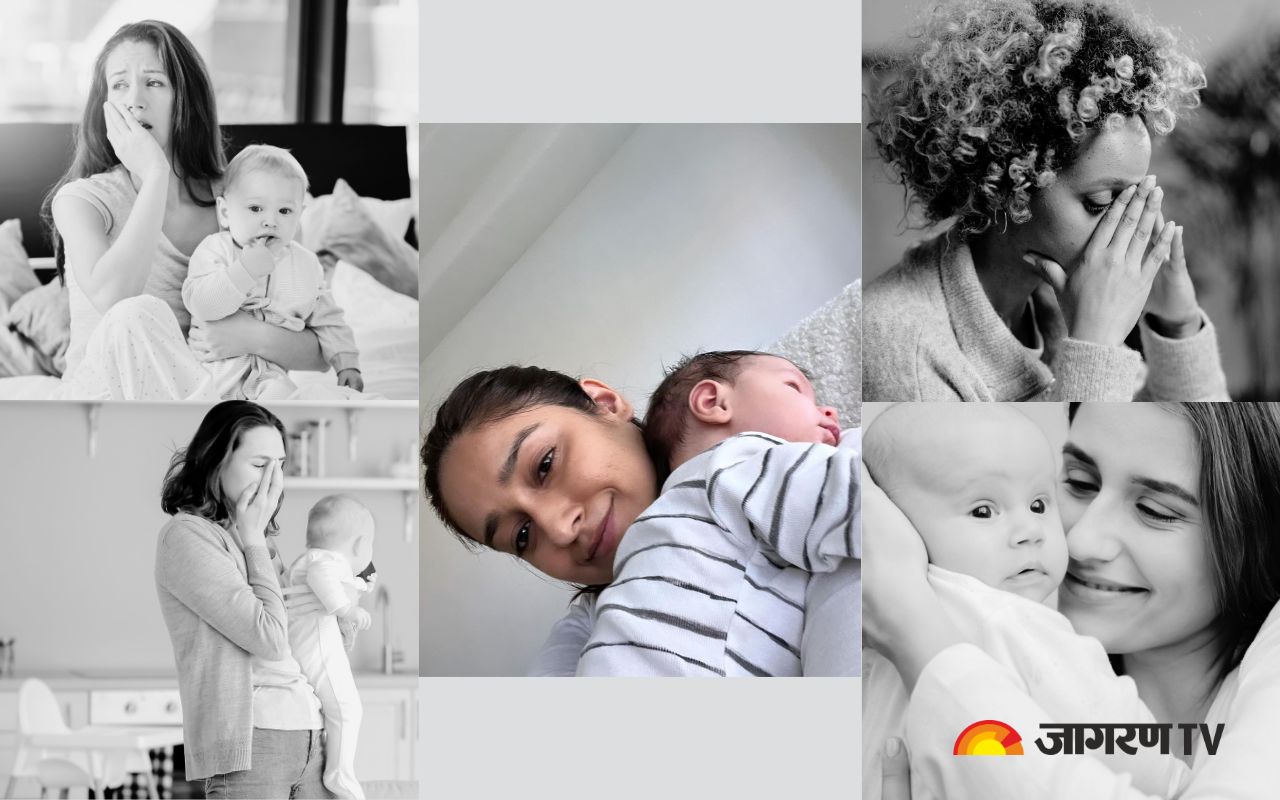Illena D’cruz opened up about postpartum depression; Learn its causes, signs, symptoms, and prevention of PPD in new mothers

Illeana D’cruz: ‘Rustom’ actress Ileana D’cruz embraced motherhood a couple of months ago. She has been journaling her journey to motherhood on her Instagram account sharing the highs and lows of on a path she is ever so grateful to tread. In her recent interview, she went to the extent of talking about going through a ‘postpartum phase’.
Motherhood is an experience that is usually appreciated and eulogized in real-life conversations and fictional anecdotes. It is pedastalised and praised in one extreme making it the ultimate desire of any ‘woman’ whereas on the other extreme end, it either completely shunned. Both cases ignore the part where new mothers go through an inner turmoil of gratification and guilt of being a mother, a conversation D’cruz pulled to daylight.
What causes the ‘baby blues’ to PPD?
Postpartum depression is a spectrum of emotional, and psychological changes a new mother undergoes after the drastic alteration in hormone levels after, and during the pregnancy. While estrogen levels are reported to increase during pregnancy, they tend to go back to their previous vitals after three days of delivering the baby, leading to PPD. PPD is induced because of the shift in social, psychological, and emotional chemicals in the body during the process of having a baby.
Detect these early signs of PPD
Baby blues are common if they do not engulf you in long bouts of overwhelming and gloomy feelings. Mood irregularities and physical weakness have been common for around two weeks since the delivery but if anything exceeds the time duration and intensifies with it, one should seek professional help. Look for these signs to detect if you or someone you know is going through the tough phase of PPD.
- Guilt or shame surrounding their motherhood, or ability to be a ‘good mother’
- Irregular sleep cycles. It could be sleeping more than usual or more scarce than usual.
- Indecisiveness. Experiencing trouble with making regular decisions like having your meal, feeding your baby, or taking a shower could be a sign of PPD.
- Mood swings are a very common sign of PPD.
- Self-harm or suicidal thoughts are an evolved sign of PPD.
PPD is preventable and treatable with the support of professionals and family members. Some of the preventive measures one can take are setting realistic expectations from the experience of motherhood, expressing your feelings, taking help from your partner, and if needed from medical professionals, or enrolling in a PPD prevention program.
Motherhood comes in all forms and shadows for different mothers. Ileana D’cruz’s statement made many women feel heard and seen. She talked about how the partner’s role goes a long way in helping new mothers overcome these tides of extreme emotions on this new journey.





